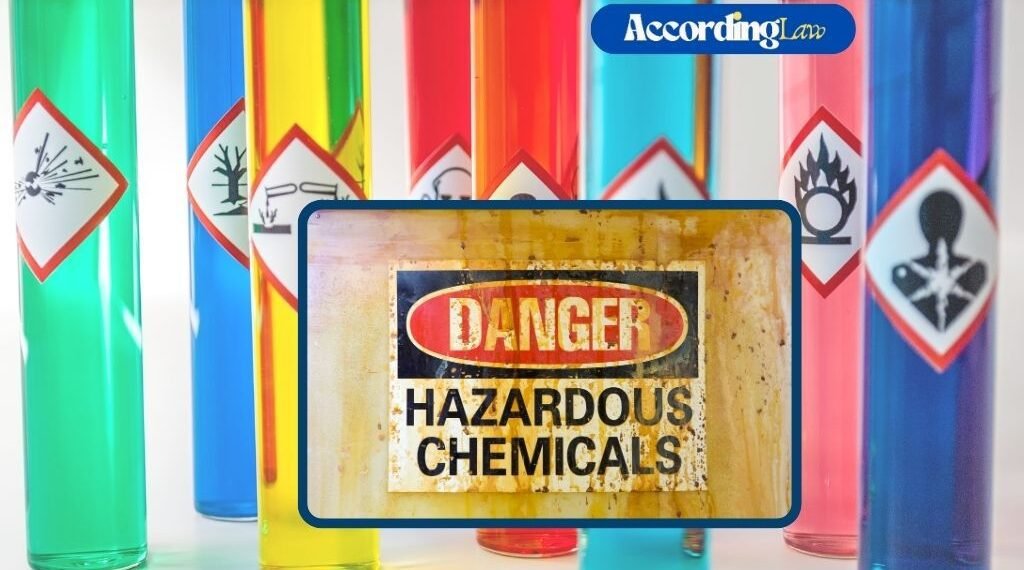Companies expose themselves to severe legal risks and consequences when they willfully choose to ignore workplace health hazards. This will have a lasting effect that can devastate their operations and reputation. A “known health hazard” refers to any substance, condition, or practice that poses a documented risk to worker safety or public health.
Corporate accountability in protecting workers and the surrounding communities is a legal requirement that carries significant consequences when it is violated. The legal complications companies face when ignoring these hazards include regulatory penalties such as fines or suspension from regulatory bodies to criminal prosecution in severe cases.
Table of Contents
Failure to Act on Health Risks and the Legal Implications
The Occupational Health and Safety Act (OSHA), employers have a legal responsibility to maintain a safe and healthy work environment. When companies do not act proactively by implementing preventative measures after having identified a health risk, their inaction can lead to negligence.
OSHA violations can result in substantial fines, with willful violations carrying penalties up to $165,514 per incident. Beyond monetary penalties, companies may receive an order to stop all work, mandatory safety upgrades, and ongoing regulatory oversight that disrupts operations. Industries with long-term exposure risks face particularly intense scrutiny:
Civil-Liability for Exposure Related Illnesses
Individuals and families that have been affected can pursue civil lawsuits against the companies which chosen to ignore health hazards. In many cases, victims may also seek legal remedies for fatal negligence, turning to expert wrongful‑death guidance provided by firms such as Monsees & Mayer P.C. These cases typically fall under toxic tort law, which addresses harm caused by exposure to dangerous substances, or product liability principles when detective products cause injury.
The burden of proof requires demonstrating that companies had prior knowledge of health risks yet failed to act appropriately. Internal documents, safety studies, and expert testimony often serve as crucial evidence in establishing this knowledge.
Successful plaintiffs may recover compensation for medical expenses, lost wages, pain and suffering, and in cases of wrongful death, loss of future income and companionship. Class action lawsuits can multiply these damages exponentially when multiple victims share similar exposure patterns. Companies often provide alternative recourse to victims such as mesothelioma settlements for asbestos-related claims or substantial settlements for agricultural workers exposed to chemicals.
Criminal Related Charges For Willful Negligence
When corporate misconduct shows a willful disregard for worker health and safety, criminal liability becomes possible. Federal agencies like the Department of Justice and Environmental Protection Agency can pursue criminal charges against both companies and individual executives. Common criminal charges companies face can include:
Financial and Reputational Fallout
Rather than just going for regulatory fines, settling a claim can reach hundreds of millions of dollars, where companies have gone as far as to set up trust funds exceeding $1 billion for victim compensation. Large verdicts and settlements destroy corporate finances. Johnson & Johnson faced over $9 billion in talc-related settlements and verdicts.
These legal losses trigger broader financial impacts, including plummeting stock values, damaged brand reputation, and eroded investor confidence. Companies may find it difficult to raise funds, attract talent or retain customer loyalty. It may then become necessary for these companies to overhaul financial policies that in turn creates long-term operational costs that exceed initial investments.
Prevention Through Accountability
Legal accountability operates on two fronts in corporate safety management. It punishes companies that put profit above people, while at the same time encouraging industries at large to manage risks pro-actively.
Disclaimer:
This article is for informational purposes only and does not constitute legal advice. Consult a qualified attorney for legal guidance.


